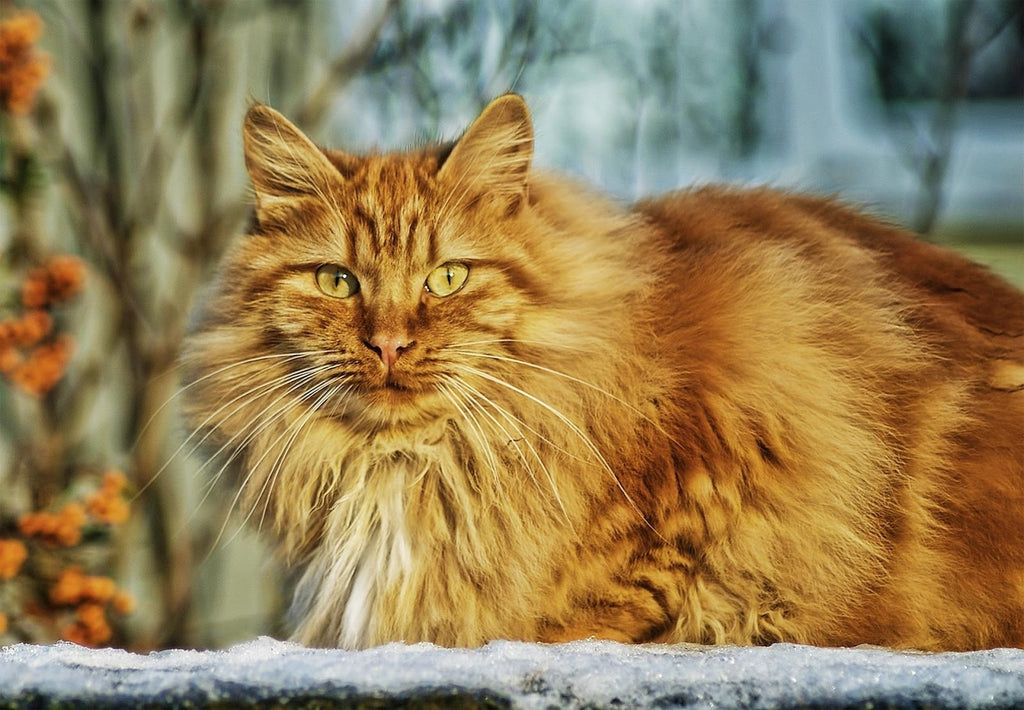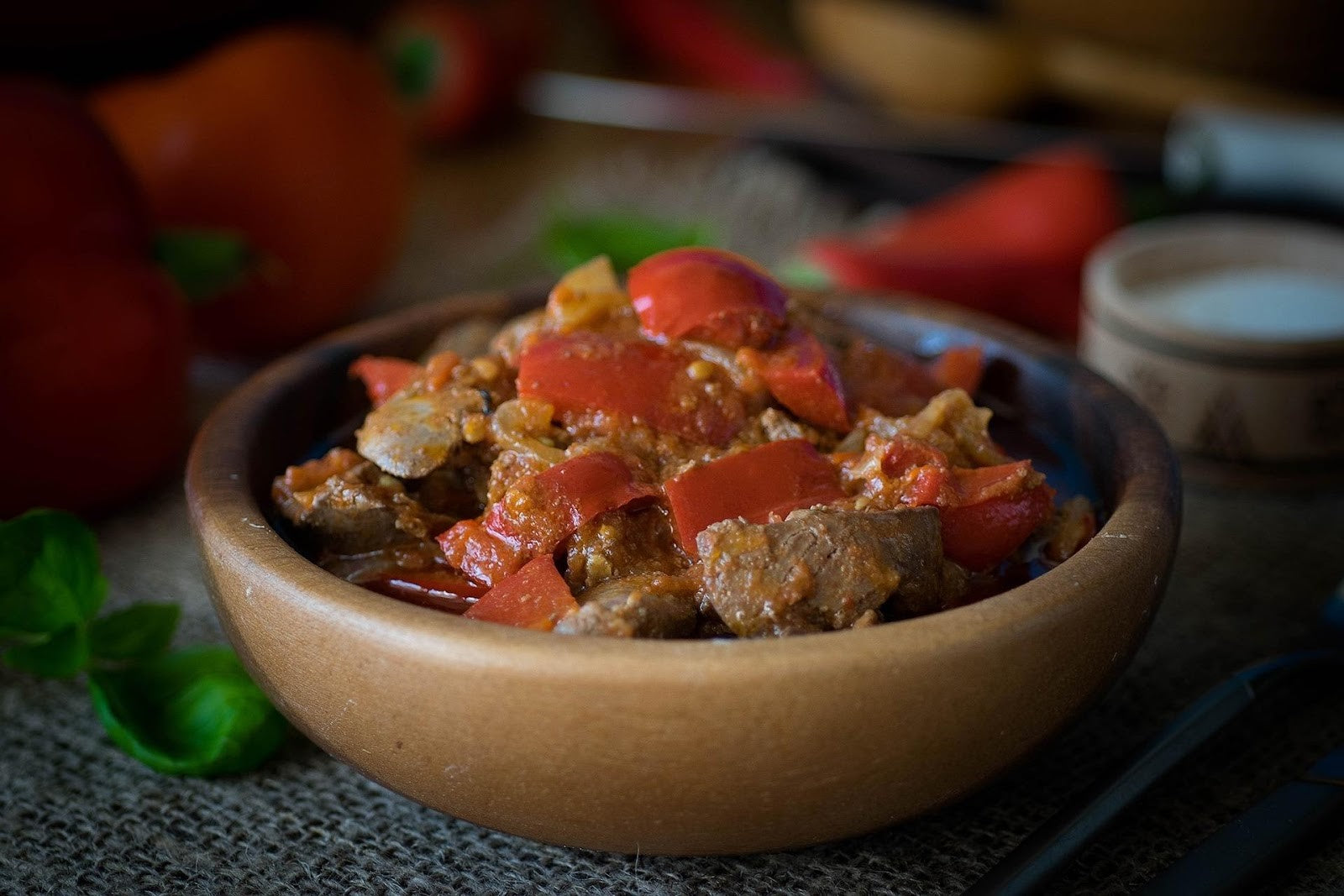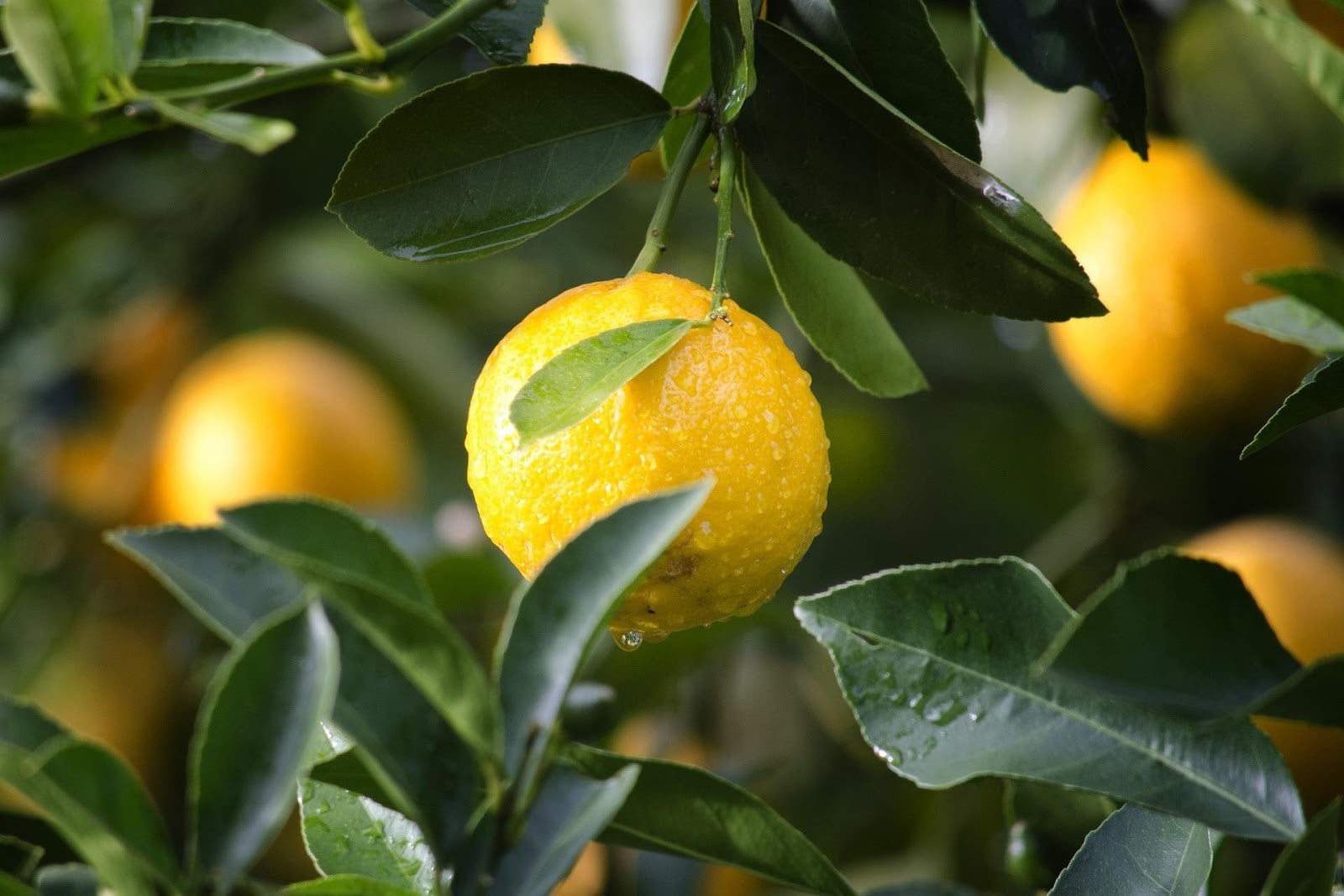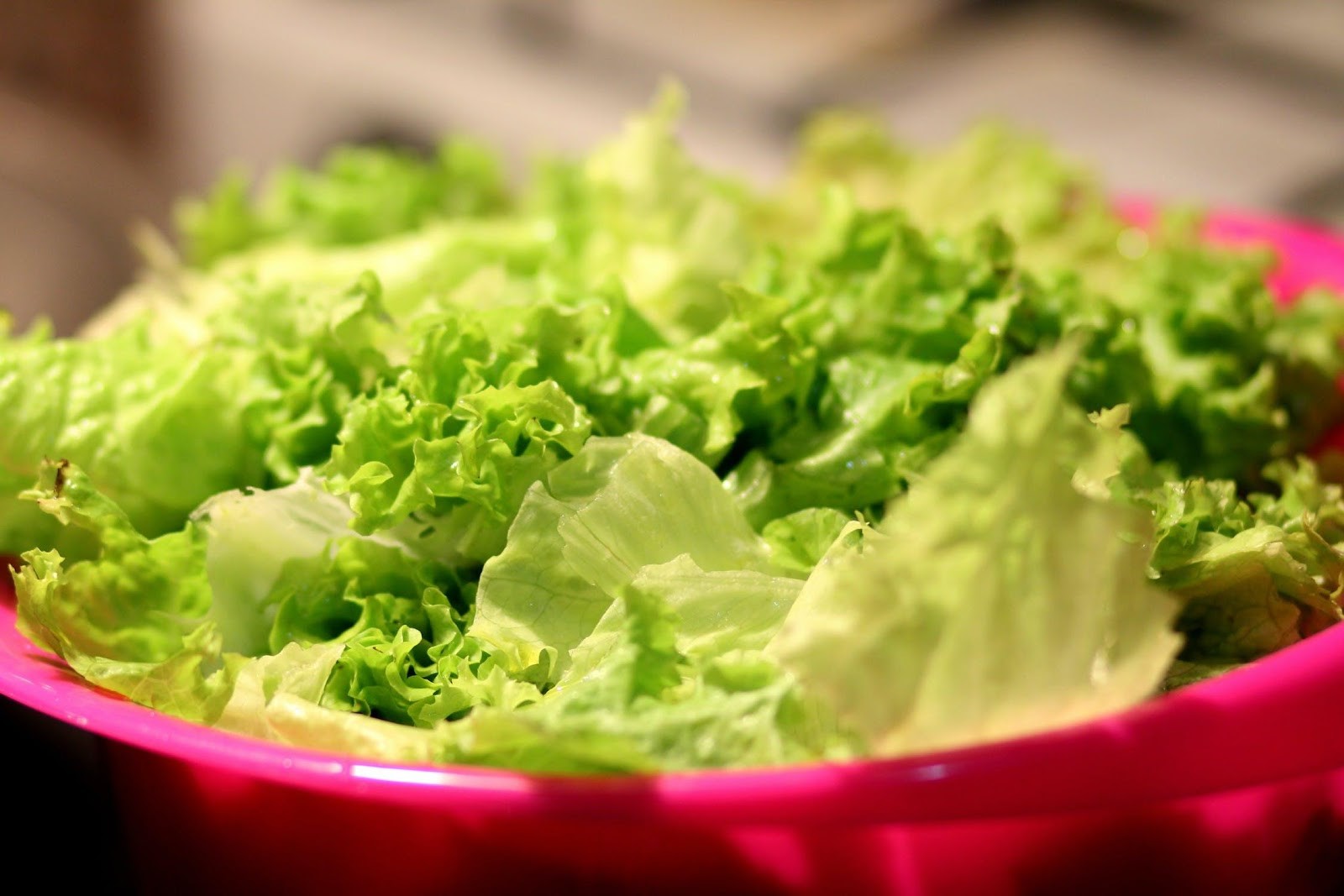
Ginger is sometimes used to relieve stomach upset. Apart from its health benefits, ginger is also used as a spice for various delicacies. Ginger is, no doubt, beneficial to humans but what about cats? Can cats eat ginger?
Ginger is not considered toxic to cats. If your cat cares to, they can eat ginger. However, you must act with caution because gibger in excess quantity can be toxic to your cat. Although cats can sometimes eat human foods, they should not replace their normal diet. To find out all about feeding ginger to your cat and the benefits they can enjoy, keep reading this post.
Can Cats Eat Ginger?
Yes, cats can eat ginger. Ginger is not toxic to cats and can sometimes be used for stomach upsets. However, keep in mind that this herbal root may cause mild irritation in your cat's stomach, so it is advisable to keep the quantity you feed your cat minimal. Ginger may not be harmful to cats but neither is it of many benefits to them. Cats can eat tiny amounts of ginger now and then, that way they will remain healthy.

Is Ginger Good For My Cat?
We have already established that ginger is not toxic to cats. So, what benefits can your cat enjoy from eating ginger? Let's find out.
If you are concerned about your cat's health or maybe it seems like they are about to come down with the flu or something mild, you can try feeding them some ginger. This is because ginger has antibacterial properties that can keep your cat's immune system healthy and functioning properly. However, try not to self-medicate all the time and it is also advisable to confirm with your vet first.
Ginger helps with indigestion. If your cat ate something that is upsetting its stomach, a small amount of ginger in its meal can help with its digestion issues. Ginger helps in the release of enzymes that your cat requires to digest food more quickly.
Also, ginger has antiemetic effects. Feeding a small amount or 1-2 drops of ginger extract to your cat before traveling can help reduce motion sickness symptoms like vomiting.
Generally, ginger does not contain nutritional benefits for cats but it functions as a herbal root that can address health challenges that your cat may be experiencing. Other functions of ginger include treating bloatedness and reducing arthritic pain and stomach ache.
Can Cats Eat Ginger Roots?
Ginger roots are the most popular and used part of the plant. Cats can eat ginger roots. It is not considered toxic to them. However, ginger roots are tough and not easily chewable. The best way to feed ginger roots to your cat is by grating and adding them to your feline's food. This way, you prevent choking hazards.
Another way to feed ginger roots to your cat is by making ginger tea from the roots. To do this, cut the roots into thin slices and place them in fresh water. Boil for some minutes and serve to your cat after it cools.
Can Cats Eat Ginger Flowers?
First of all, it depends on the type of ginger flower because not all are safe for cats. For example, the white ginger flower that is also known as cinnamon jasper or white ginger lily is considered safe for cats. But other types of lilies like the true lily or daylily are toxic to cats. However, when feeding ginger flowers to your cat, only a small amount should be given to them.
Can Cats Eat Gingerbread Cookies?
Don't be fooled by your cat's longing look at your plate of gingerbread cookies. They may want some but that doesn't mean they should get some. Gingerbread cookies are not healthy for cats, as such, they should not be allowed to eat them. The ingredients used to make the cookies like raw dough, sweeteners and spices are harmful to cats.
If your cat eats a small bite of a gingerbread cookie, it is not much to worry about. They should be fine. But you must refrain from feeding them the cookies moving forward.
Can Cats Eat Ginger Snaps?
Just like gingerbread cookies, ginger snaps are not healthy nor safe for cats. They contain ingredients like cloves, cinnamon, garlic, and, onions, all of which can be toxic to your cat. Also, they contain sugar and salt in amounts that can do your cat harm.
It is best to avoid feeding ginger snaps, like gingerbread cookies, to your cat because although they contain ginger, they also have other ingredients that are not safe for your cat.
Can Cats Have Ginger Ale?
People enjoy ginger ale as a sweetened drink. Ginger ale can also be taken for indigestion or motion sickness symptoms. Being a sweetened drink, it contains a lot of sugar which, needless to say, is bad for your cat.
So, while you may enjoy a cup of ginger ale from time and time, your feline had better not be getting any. Ginger ale is not good for cats and can lead to health complications if consumed.

How Should I Feed Ginger To My Cat?
Ginger comes in a variety of forms such as fresh, dried, pickled, preserved, crystallized, candied, crushed, or powdered. But not all forms are healthy for your cat. The best forms of ginger for your cat are those that are free from ingredients or spices that are toxic to them.
To feed fresh or dried ginger to your cat, grate some and sprinkle or mix it with their cat food. This should not be a daily habit as the amount can be too much for them. You can also mix powdered ginger with your cat's food.
Lastly, do not feed ginger essential oil to your cat. It is not safe or healthy for them. In all, if you are not sure about feeding a particular form of ginger to your cat, please consult with your vet first.
Conclusion
Ginger, as a herbal root, is good for your cat. However, like every other plant-based food, it should only be given to cats in small amounts. If your cat has an underlying health issue, ask your vet before introducing ginger into their diet.



